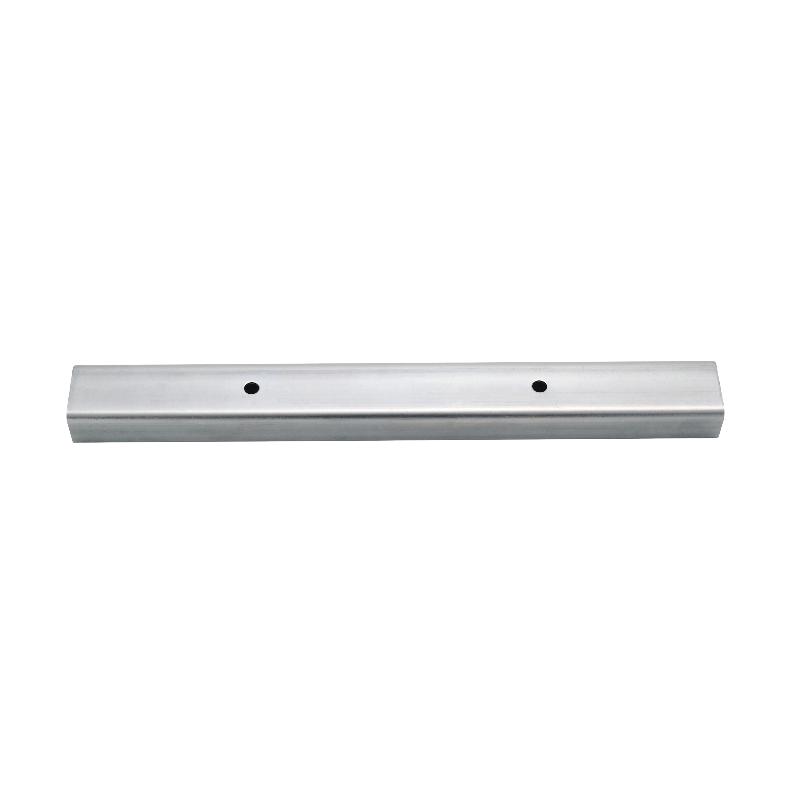
The Importance of Mechanical Parts Suppliers in Modern Manufacturing
In the ever-evolving landscape of modern manufacturing, mechanical parts suppliers play a pivotal role in the success and efficiency of production processes. These suppliers provide essential components that businesses depend on to create finished products, ranging from intricate machinery to everyday consumer goods. This article explores the significance of mechanical parts suppliers, their impact on productivity, and the factors to consider when selecting a reliable partner.
The Role of Mechanical Parts Suppliers
Mechanical parts suppliers are vital to the supply chain, offering a wide array of components including gears, bearings, fasteners, and more. These components are integral to the functionality of machinery and equipment across various sectors, including automotive, aerospace, electronics, and construction. Suppliers not only provide standard parts but also offer custom solutions tailored to specific engineering requirements, enabling companies to enhance product performance and reliability.
One of the primary advantages of working with specialized suppliers is their expertise in materials and manufacturing processes. They possess the technical knowledge to recommend the most suitable materials for different applications, ensuring that the products meet industry standards and regulatory requirements. This expertise can lead to improved product quality and durability, minimizing the likelihood of failures and costly recalls.
Impact on Productivity and Cost Efficiency
A strong relationship with a mechanical parts supplier can significantly enhance a company's productivity. Timely delivery of components is crucial in maintaining production schedules. When suppliers reliably meet deadlines, manufacturers can avoid costly downtime and ensure that assembly lines operate smoothly. Moreover, suppliers can often provide just-in-time (JIT) delivery services, allowing manufacturers to reduce inventory costs and optimize storage space.
Cost efficiency is another critical factor facilitated by mechanical parts suppliers. By sourcing high-quality components at competitive prices, manufacturers can improve their bottom line. Additionally, suppliers often have established relationships with manufacturers of raw materials, enabling them to negotiate better pricing, which can be passed on to their customers. This economic advantage can be particularly beneficial for small to medium-sized enterprises (SMEs) that operate on tight margins.

Factors to Consider When Choosing a Supplier
When selecting a mechanical parts supplier, several factors must be considered to ensure the partnership will be beneficial. Firstly, the supplier's reputation and reliability are paramount. Conducting research, reading reviews, and requesting references can help assess their track record. A reliable supplier should have a history of delivering quality products on time.
Secondly, consider the range of products and services offered. Suppliers that provide a diverse range of mechanical parts can streamline procurement processes, as manufacturers can minimize the number of suppliers they work with. Additionally, a supplier that offers design support or engineering assistance can add significant value to the partnership.
Quality assurance processes are also critical. Suppliers should adhere to strict quality control measures to ensure that all parts meet specified standards. Certifications such as ISO 9001 can indicate a commitment to quality management systems.
Lastly, effective communication and support are crucial. A supplier that is responsive and willing to collaborate with manufacturers can foster a productive partnership, addressing any challenges that may arise during the production process.
Conclusion
In conclusion, mechanical parts suppliers are essential to the manufacturing sector, providing the components that enable businesses to produce high-quality products efficiently. The right supplier can enhance productivity, reduce costs, and contribute valuable expertise, making the selection process crucial for manufacturers. By considering reputation, product range, quality assurance, and communication, businesses can forge strong partnerships with mechanical parts suppliers that will drive success in a competitive market.